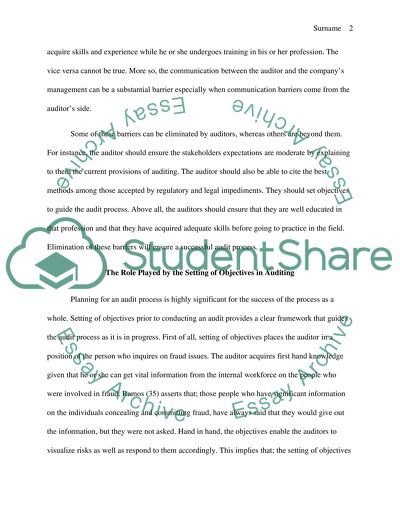Cite this document
(“The roles of an Auditor in Discovering Illegal Acts Essay”, n.d.)
Retrieved from https://studentshare.org/law/1394822-week
Retrieved from https://studentshare.org/law/1394822-week
(The Roles of an Auditor in Discovering Illegal Acts Essay)
https://studentshare.org/law/1394822-week.
https://studentshare.org/law/1394822-week.
“The Roles of an Auditor in Discovering Illegal Acts Essay”, n.d. https://studentshare.org/law/1394822-week.


